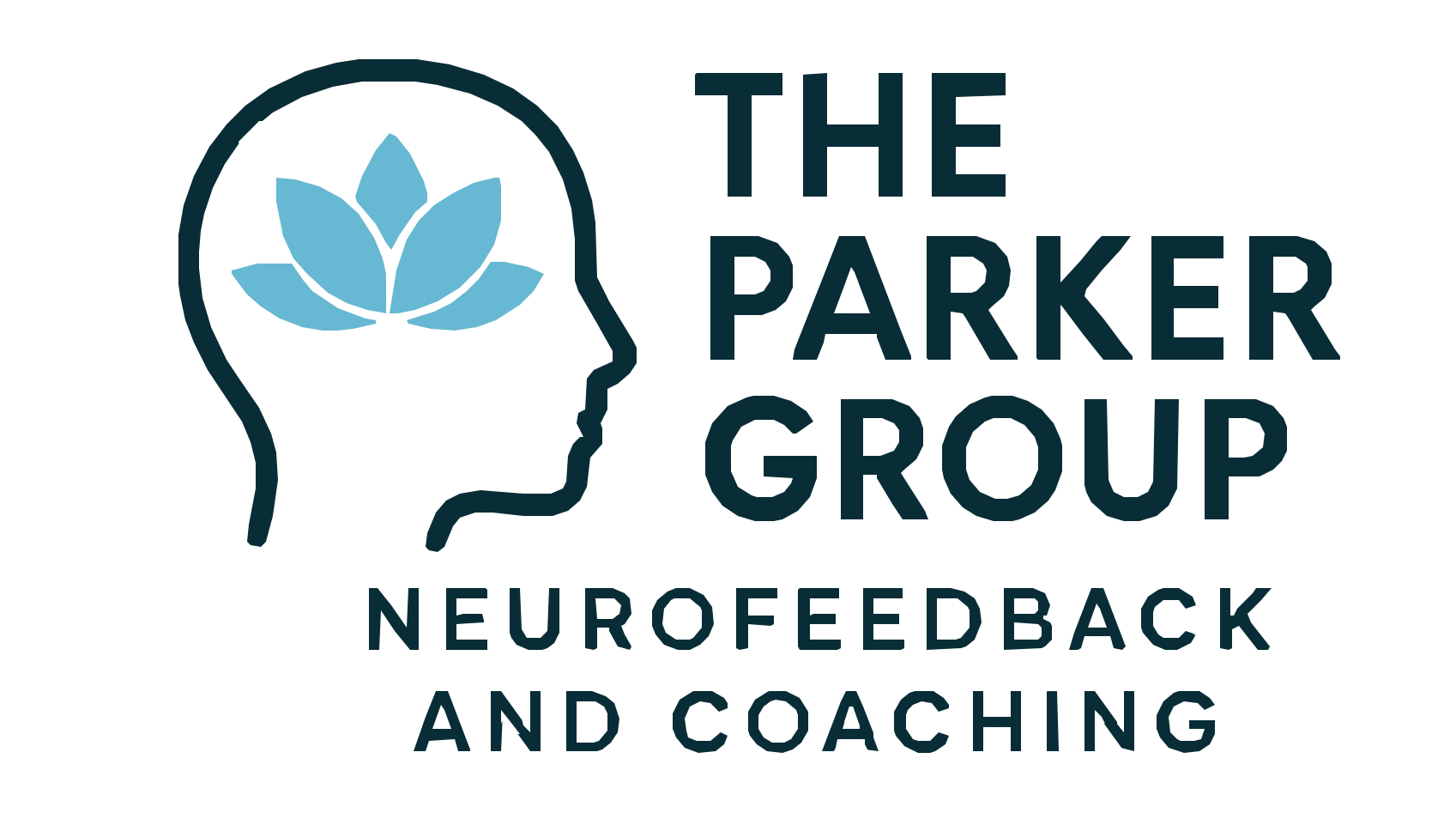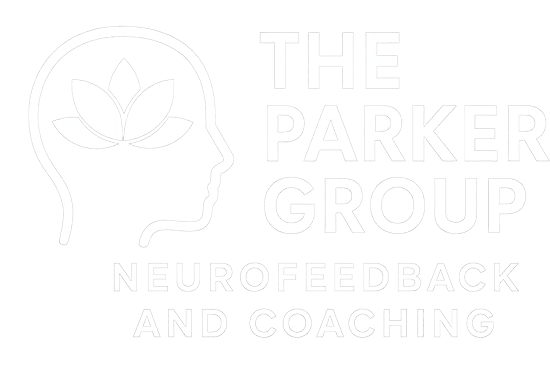Depression Treatment
In 2023, over one in ten U.S. adults reported taking prescription medication for depression. Specifically, 15.3% of women and 7.4% of men reported doing so, according to data from the National Health Interview Survey (NHIS)
Depression is a mood disorder that affects how a person thinks, feels, and functions. Symptoms may include persistent sadness, low energy, loss of interest or pleasure in activities, difficulty concentrating, sleep disturbances, and feelings of hopelessness.
Jennifer K’s story
Jennifer had experienced anxiety and depression throughout her life. She went through periods of using medications, but nothing ever seemed to work. In 2021, she gave birth to her 3rd son, Charlie, and with this, her depression symptoms came to a head. A friend recommended Neurofeedback Therapy, so she decided to give it a try. After a course of 20 sessions, she reported feeling “a weight had lifted from her.” This is a common scenario with our depression clients, with many seeing profound reductions in symptoms. And unlike many drug treatments, the changes that occur with Neurofeedback training are long-lasting. Because neurofeedback supports neuroplasticity, repeated training can lead to lasting changes in brain function. Many individuals report improvements in mood, motivation, concentration, and sleep, as well as a reduction in emotional reactivity and rumination. Importantly, neurofeedback is non-invasive and drug-free, making it an appealing option for those who prefer alternatives to or enhancements of traditional treatment.
Don’t let the weight of depression prevent you from enjoying your life.
Call us at (850) 312-5531 or schedule a free evaluation to learn if Neurofeedback can help with your symptoms of depression.


